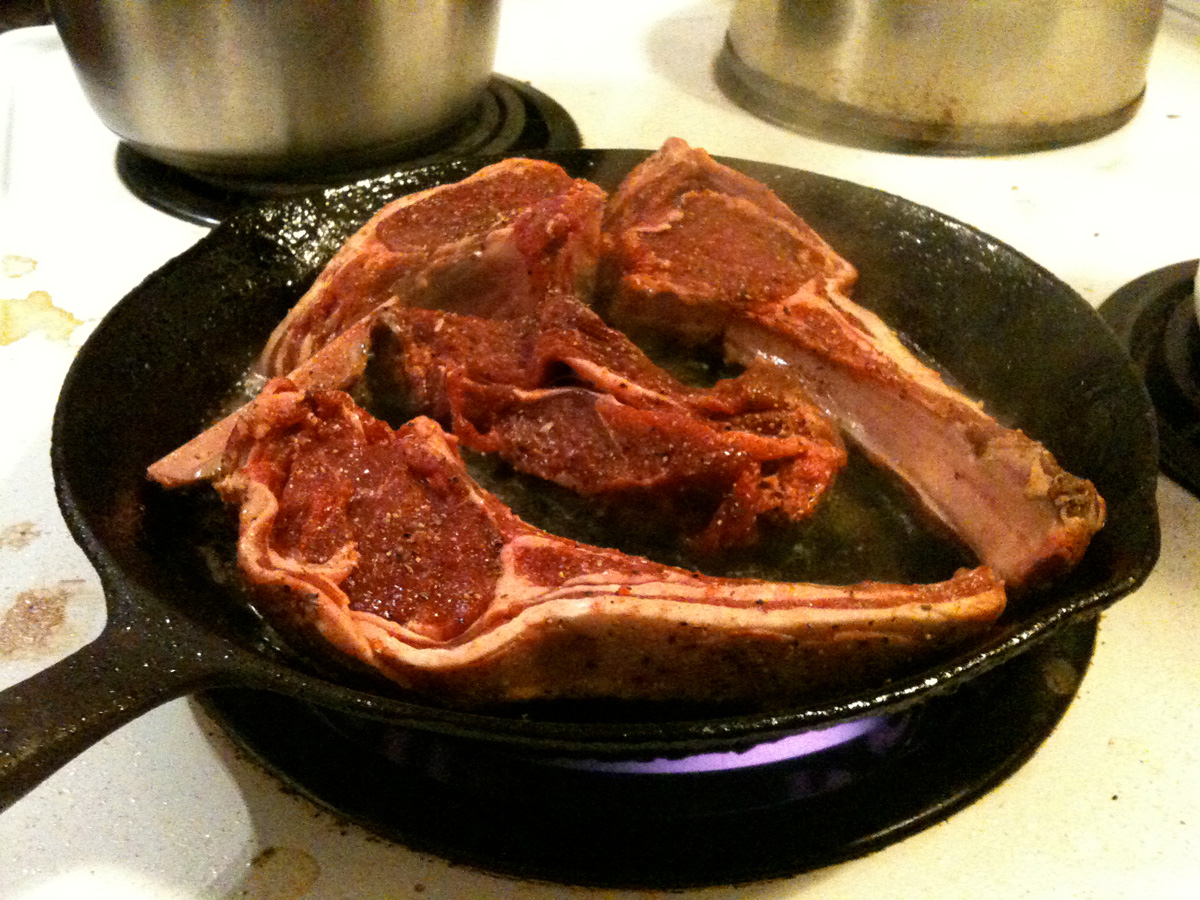Industry leaders spearhead efforts to combat COVID-19
We’ve said it before, but it’s always worth repeating: the TRCP is proud to have the support of some true leaders in the business world, who time and time again step up on behalf of fish, wildlife, and outdoor opportunities for all Americans. And in recent weeks, as COVID-19 has upended everyday life around this country, we’re prouder than ever of our corporate partners for their generosity and commitment to the greater good.
With many retail stores barred to entry and factory production rates slowing or halted, members of our corporate community are lending their resources to the fight. From retrofitting factories to restocking food bank shelves, these companies are committing their time, money, and production equipment to help us get through this difficult time.
As Theodore Roosevelt famously said, “In any moment of decision, the best thing you can do is the right thing, the next best thing is the wrong thing, and the worst thing you can do is nothing.” By taking action when it is needed most, here’s how the companies below* are taking care of those in need and setting an example for the rest of us.
Coca-Cola
The beverage company’s Atlanta-based factory has teamed up with Georgia Tech University to produce more than 50,000 plastic surgical shields that will be distributed to local hospitals and health care workers.
L.L. Bean
Founded in 1912 by its namesake, outdoorsman Leon Leonwood Bean, this New England institution is using experience gained over the last 100+ years of producing outdoors gear to create protective masks. The company is working with MaineHealth and Intermed and has plans to use its existing supply chain team to create and distribute 1 million masks. The company is also working with local food banks and using its distribution center to restock shelves for families in need.
Mystery Ranch
In an effort to help local medical facilities, Bozeman-based Mystery Ranch is using the antimicrobial and breathable fabric used in their backpacks to produce much-needed personal protective equipment for frontline workers. Along with the time of its expert employees and the use of its sewing facilities, the industry-leading pack manufacturer has also contributed additional materials from its stock to others in the community with the capacity to manufacture extra masks.
NEMO Equipment
This outdoor equipment company is encouraging individuals to recreate responsibly while enjoying the open air through a series of posts on outdoor activities that you can enjoy near your home and a photo challenge. This Instagram-based competition is calling on those who love the outdoors to highlight the creative ways they’re enjoying outdoor spaces while practicing safe social distancing through photos. In addition, NEMO is publishing a series of blogs with ideas for close-to-home adventures to help outdoor enthusiasts alleviate their cabin fever responsibly.
Orvis
Known for its high-quality fishing gear, this company has partnered with organizations near its Roanoke, VA fulfillment center to produce 2,000 cloth face coverings per week. These non-medical-grade masks will be distributed to those experiencing homelessness in the are and will help protect this particularly vulnerable population.
Outdoor Research
Drawing on almost its nearly 40-year history of forward-thinking innovation, Outdoor Research’s Seattle factory will be converted to produce N95 surgical masks, respirators, and other personal protective equipment to help address the increased need for these essential medical supplies.
Patagonia
Despite closing operations early in the outbreak to protect workers, Patagonia has committed to providing employees with regular pay throughout the crisis in an effort to protect the communities it serves. The company also has staff reaching out to nonprofits and offering volunteer services to support their operations.
Peak Design
This environmentally-focused design company is utilizing the launch of its latest product to provide coronavirus relief and help fight climate change with a commitment to donate 100% of profits earned from the first four days (4/7-4/11) that their Travel Tripod is on sale to the Centers for Disease Control and Prevention (CDC) Foundation.
REI
Despite closing the doors of its 162 retail stores, this outdoor retailer has committed to pay all store employees through April 14th in a letter from the company president and CEO. The company has also made the decision to keep online stores open and is offering free shipping to support those looking for outdoor recreation opportunities while social distancing.
Simms Fishing Products
This pillar of the fishing community is “wading” into the fight against COVID-19 and partnering with Bozeman Health Deaconess Hospital. The fishing products company is using Gore-Tex—a material traditionally employed in the production of their popular waterproof waders—to produce more than 1,500 medical-grade gowns per week.
Vista Outdoors
Despite uncertainty, Vista Outdoors has committed to expand its support for non-profit organizations through partnerships and brand-level support. Federal Ammunition–a company under the umbrella of Vista–has also donated multiple cases of N-95 face masks to health care facilities.
*Editor’s Note: We tried to find as many of these stories as we could, but the above list is not comprehensive. Similar efforts we might have overlooked will be added to the list as time allows. Let us know in the comments below of any other hunting and fishing brands stepping up in the fight against COVID-19.







Every little (and BIG) bit helps! THANK ALL OF YOU! STAY STRONG!
Through all of this it wonderful to see more and more people and organizations stepping up to help each other in any way they can. Let’s hope that we don’t forget this and always ask ourselves – How can I be of help? Thanks to you all! It is great to see and hear of all your goods deeds!
Is anybody offering help to Native American communities “out in the woods/”